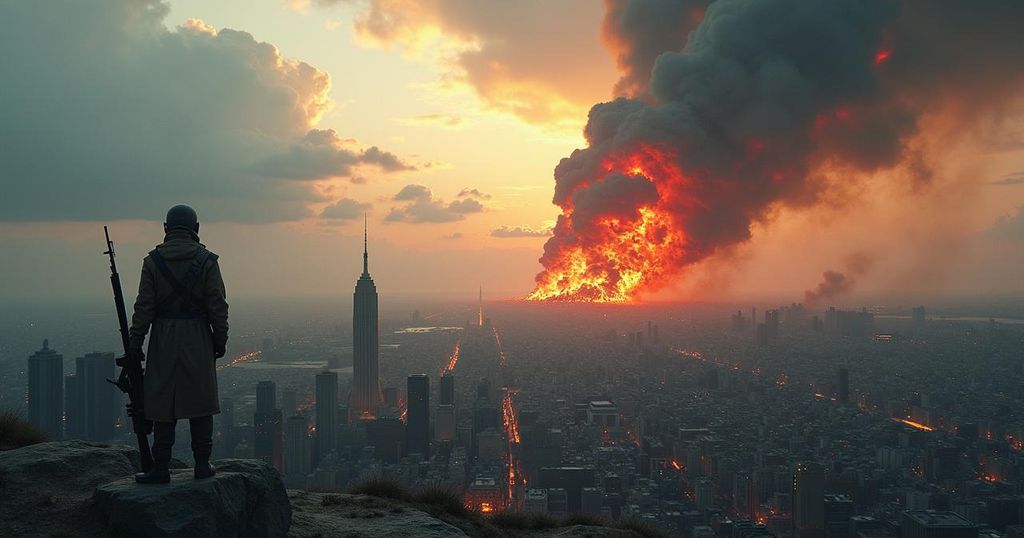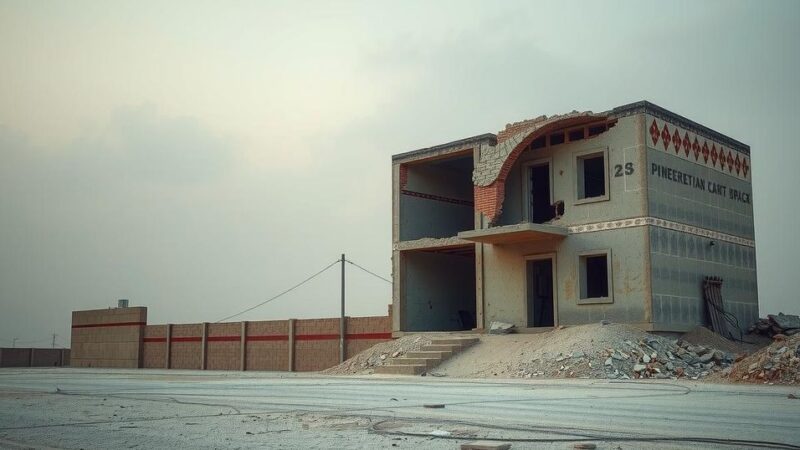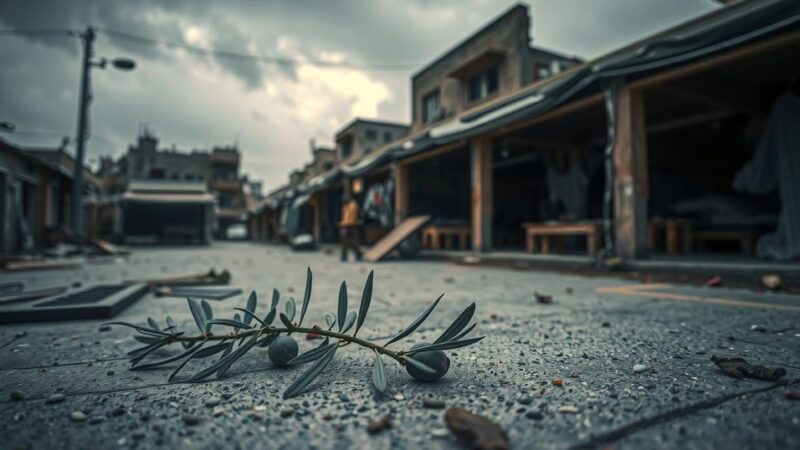The article analyzes the escalating geopolitical tensions across the globe, likening them to the dangers experienced during the Cold War. It discusses conflicts in the Middle East involving Iran, the threat of Russia in Ukraine, and North Korea’s nuclear posture, underscoring the cooperative dynamics among revisionist states like China, Iran, North Korea, and Russia, which may undermine global stability. The need for a cohesive response from the U.S. and its allies is emphasized as crucial for managing these threats.
The current global situation has reached an alarming degree of tension, reminiscent of the darkest days of the Cold War, due to escalating conflicts in multiple regions. In the Middle East, a volatile struggle involving Iran and its proxies, aiming to destabilize American alliances with Israel and Gulf nations, has seen a notable increase in hostilities. Iran’s asymmetric warfare tactics, handled through affiliated militias such as Hezbollah and Hamas, have created an atmosphere of constant vigilance and economic disruption. The recent conflict initiated by Hamas on October 7 exacerbated an already fraught environment that pressures regional commerce and air travel, significantly impacting the global economy, particularly the oil market. Meanwhile, Europe is also facing serious threats as Russia’s aggressive military actions in Ukraine seek to dismantle the post-World War II security framework largely dominated by the United States. Should Russia achieve its objectives, the repercussions would destabilize not only Ukraine but also encourage Russian ambitions in neighboring regions. In Asia, the landscape is equally precarious. North Korea’s recent escalatory policies, especially concerning nuclear advancements, have raised alarms. Following the 2019 unproductive summit with former President Trump, North Korean leader Kim Jong Un has pivoted towards militarization, abandoning longstanding goals of peaceful reunification with South Korea, which could lead to increased hostilities on the Korean Peninsula. Simultaneously, China’s rising assertiveness, particularly concerning Taiwan and various territorial disputes, underlines a broader pattern of strategic rivalry with the United States. The intertwining of military and economic pressures across these regions illustrates a collective challenge posed by what is termed an “axis of revisionist powers” — China, Iran, North Korea, and Russia. These nations appear to be engaging in a complex interaction involving the exchange of weapons and military technology, further complicating global stability. The United States and its allies are urged to counteract this coalition of disruptive forces through a unified approach, reminiscent of strategies used during the Cold War. Historical precedent suggests that driving wedges between these nations could yield dividends, yet the contemporary political environment may lack the necessary diplomatic finesse to execute such intricate maneuvers effectively.
This article discusses the current geopolitical climate, which presents significant challenges akin to those experienced during the Cold War. It outlines the interconnected conflicts in the Middle East, Europe, and Asia that constitute a multifaceted threat to international order. By highlighting the aggressive actions of states such as Iran, Russia, and North Korea, as well as China’s ambitions in the global arena, the article provides a comprehensive overview of the rising tensions that could reshape global power dynamics.
In summary, the contemporary world stands at a precarious juncture, as multiple regions face simultaneous crises that threaten to unravel the established international order. The situation in the Middle East, the conflict in Ukraine, and North Korea’s nuclear ambitions, alongside China’s strategic maneuvers, collectively signal one of the most perilous periods since the Cold War. The unification of U.S. and allied efforts is imperative to counter these threats effectively while seeking to capitalize on historical diplomatic strategies to manage emerging challenges.
Original Source: www.washingtonpost.com






